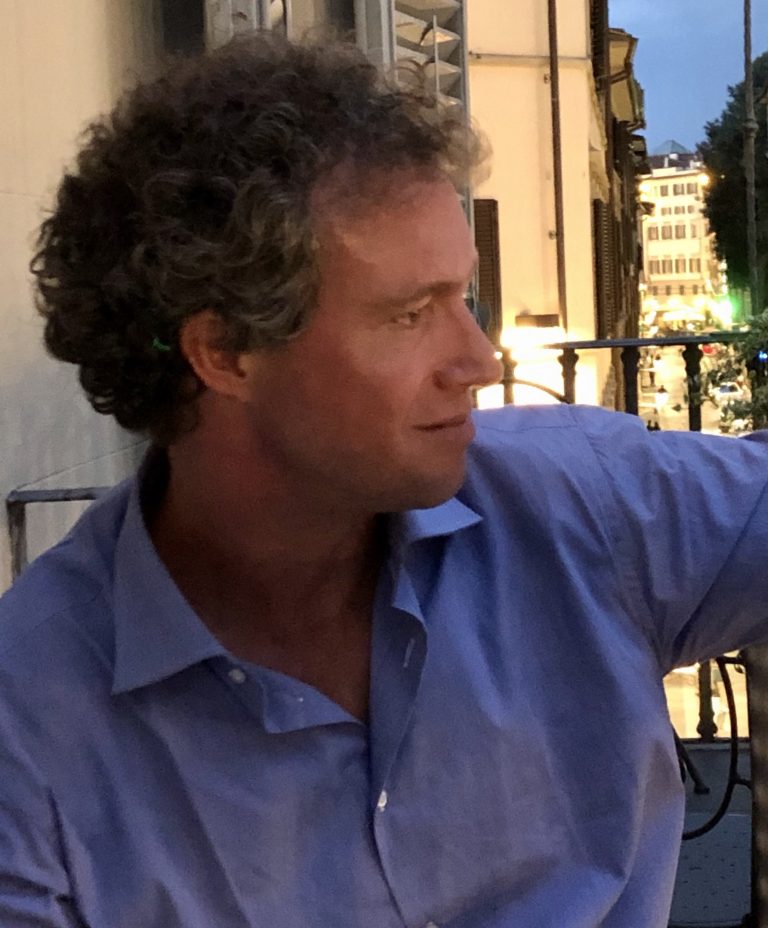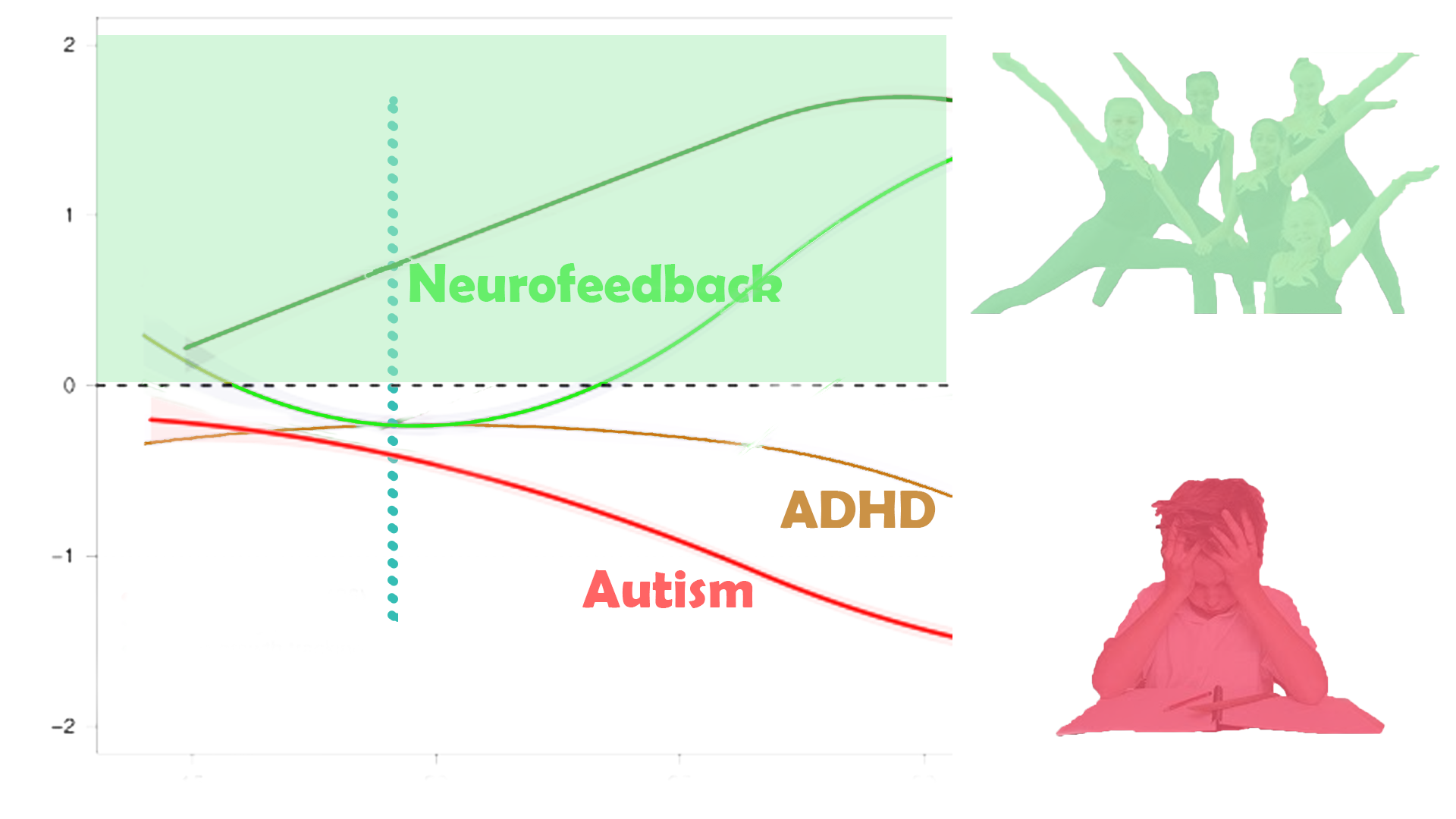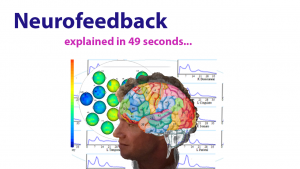Theo, 27, Psychosis, Psychedelics-Induced
One-Week Intensive Course for Grounding and Sense of Self
Summary:
Theo, in his late twenties, left his sales job in Australia to explore his true calling, primarily focusing on trading stocks and cryptocurrency while residing in Mexico. He struggled with screen addiction, tried alternative methods like an Iboga ceremony in Portugal, but found himself feeling exposed, raw, and misunderstood. Unwanted dreams, anxiety, and frustration began to overwhelm him. Cannabis use seemed to provide stability, but he recognized that he was retreating into his own world, feeling hypervigilant and aggressive.
Traditional methods like meditation and yoga didn’t resonate with Theo, and he realized his trading was akin to gambling. Concerned about his well-being, his parents agreed to fund neurofeedback treatment, which he underwent during a one-week intensive session in London.
The initial brain map revealed vulnerabilities, including relational thinking, trauma markers, anxiety, impaired mood control, distractibility, compromised personal space and social boundaries, hypervigilance, and imaginative tendencies. Timo engaged energetically in neurofeedback sessions, frequently changing content, but by the third day, he became noticeably calmer, experienced improved sleep, and felt more grounded.
The positive effects persisted, and Theo displayed increased focus, flexibility, and emotional insight. He became easier to work with, with better communication and reduced irritability. A remap confirmed these changes, turning his psychosis risk into the ability to consider different perspectives, and improving trauma, sleep, mood control, and thought disorder markers. Theo returned to Australia with renewed confidence, ready to meet his parents and take on an interim role as he prepared for his next adventure.
Theo's Full Story:
Theo was in his late twenties when he grew dissatisfied with his sales job and took some time out. Basing himself in Mexico, he still spent most of his day trading stocks and cryptocurrency in an effort to sustain a more modest lifestyle than he was able to afford at home in Australia. He had not overcome his screen addiction but was going through various alternative methods to find his true calling. One of these was an Iboga ceremony he had undergone in Portugal, which promised to resuscitate his mind-heart-soul connection. Only, it left him feeling raw, exposed, misunderstood and frustrated. Dreams came back, yet the unwanted kind, and he felt cornered. Highly self-conscious, his mind racing, he found it difficult to get to sleep, concentrate on projects or even just simple work-related task sequences, and became quickly annoyed when things didn’t work out to his expectations. Easily riled, he found few friends in his chosen home near the beach, a small community of backpackers. Using cannabis would make him feel more stable, yet he was aware that he was beginning to live in his own world. He was hypervigilant and aggressive, feeling on edge most of the day, and knew he had to find some calm and direction.
Meditation and yoga were never his thing, and any attempts would make him more aware of his situation, thus triggering additional frustration. Theo also realised he was essentially addicted to gambling, despite calling it day-trading, and needed to cut his losses and refrain from further such activity. His parents were worried, and had been since he quit his promising office job for an indeterminate future, and were not a source of solace and encouragement. They did however agree to fund his neurofeedback treatment, a therapy they had heard of in Australia.
Theo did a one-week intensive in London on his way back to Australia. We began with a brain map, which showed vulnerability to psychosis – relational thinking, meaning every sensory input is perceived as pertaining to oneself, a highly stressful condition. Trauma markers were present, as were numerous anxiety markers; mood control was heavily impaired, as was spacial attention, i.e. high level of distractibility; his sense of personal space and social boundaries compromised; hypervigilance and excess attention to his surrounding environment; and a tendency to be highly imaginative if not living in his own delusional world.
Theo was energetic and direct. We changed movies frequently mid-way as he lost his interest, or grew frustrated at something that triggered him. Even sitcoms would upset him. Nonetheless we filled two hours with interesting content, twice a day. By day three, Theo was noticeably calmer. He had gone to bed immediately after the previous day’s session, and slept through til the morning, something he hadn’t experienced for a while. Still somewhat irritable, he did feel more grounded. After that day’s sessions, he remarked that he felt really good about himself.
This effect lasted until the next day, and beyond. It was not a manic burst, which was a real possibility given his prefrontal dysrhythmia. We did more sessions, having stabilised his Default Mode Network. His communications, while still direct and minimal, were more pertinent and concise. He would not get annoyed at the slightest discomfort anymore, and portrayed a new flexibility that made him significantly easier to work with, rather than around. No longer was he forcing people to walk on egg shells in his presence, making snappy comments that could easily be perceived as hurtful; he would watch entire movies without demanding sudden changes, and commented on characters with emotional insight and consideration. Theo reported feeling more focussed and purposeful, less raw and more accepted, and his dreams were wild yet no longer scary. A remap confirmed these changes, having turned his psychosis risk into an ability to take on different perspectives; improved trauma, sleep and mood control markers; and the marker for his thought disorder had normalised. There were still important sites to work on regarding social boundaries, some anxieties and focus and planning. Theo returned to Australia, confident to meet his parents and resume an interim role he had been offered to save up for his next adventure.




